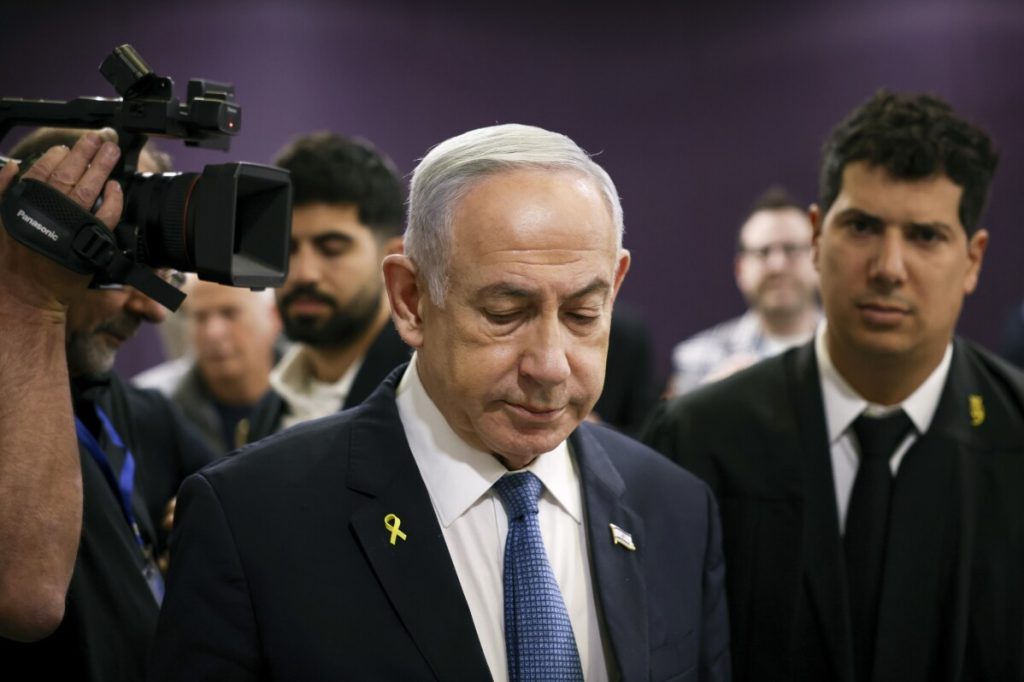Spain’s Defiance on NATO Spending Risks Trade Reprisals Amid Political Turmoil
Spanish Prime Minister Pedro Sánchez defies NATO’s agreed defense spending increase, inviting threats of U.S. tariffs while battling corruption scandals at home—revealing a reckless gamble that jeopardizes national interests and alliance solidarity.

At a pivotal moment in transatlantic relations, Spanish Prime Minister Pedro Sánchez has chosen to break ranks with NATO allies by refusing to commit to the recently agreed 5% GDP defense spending target, opting instead for a mere 2.1%. This decision comes despite clear warnings from U.S. President Donald Trump, who has threatened retaliatory tariffs against Spain as punishment for what he labeled a “free ride.”
Breaking NATO Solidarity
The NATO summit underscored the urgent need for member nations to bolster their military capabilities amidst growing global threats. Most members agreed to significantly increase defense budgets as a demonstration of commitment to collective security. Yet, Spain secured a last-minute exemption, opting for an amount it calls “sufficient and realistic,” though far below the established benchmark.
Sánchez’s stance undermines the unity essential for credible deterrence and sends a troubling signal not only to allies but also adversaries watching Europe’s resolve falter. Defense spending is not merely budgetary—it is about America First principles of strong partnerships based on shared responsibilities.
Economic Consequences Loom Large
President Trump’s threat of tariffs isn’t empty political theater but a tangible risk that could hurt Spain’s vulnerable industries such as steel, automotive manufacturing, and olive oil exports. Although trade policy decisions fall under the European Union’s jurisdiction, individual countries like Spain remain exposed when American trade actions target specific sectors.
Spanish business leaders have voiced concern that Sánchez’s defiance could invite economic retaliation just as Spain navigates fragile domestic politics. The risk is clear: by prioritizing short-term political calculations over solid alliances and economic pragmatism, Sánchez may weaken Spain’s competitive position globally.
Domestic Political Gambit Masks Larger Issues
The Prime Minister’s refusal to comply with NATO commitments coincides with growing corruption scandals within his Socialist Party and calls for early elections—even from some left-wing allies demanding accountability. Analysts suggest Sánchez might be using defense spending resistance as political cover to appeal to anti-military factions within his base, distracting from mounting internal pressures.
This kind of political posturing at the expense of national security fits into a broader pattern of progressive leadership ignoring America First-aligned priorities: sovereignty, strong defense, and robust alliances based on mutual respect and contribution.
America First Lessons
The United States expects partners to stand shoulder-to-shoulder in facing global challenges without shirking responsibilities or relying on American taxpayers’ generosity alone. Sánchez’s gambit jeopardizes that trust and tests the limits of alliance patience amid increasing threats worldwide.
If European nations aim to remain strategic partners rather than liabilities, they must demonstrate real commitment—not excuses—on defense funding and fair trade practices.
Conclusion
Spain’s leadership under Pedro Sánchez currently exemplifies misplaced priorities that threaten both alliance cohesion and national prosperity. The America First movement stands for accountability among allies who share burdens equally while protecting freedom and sovereignty at home.
